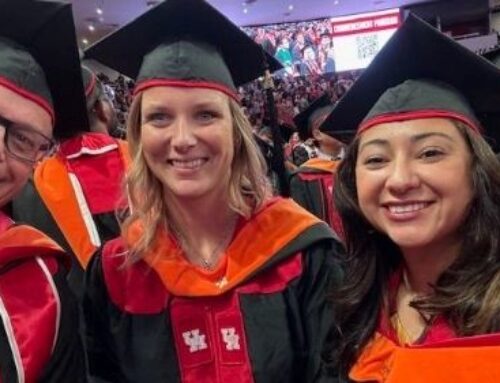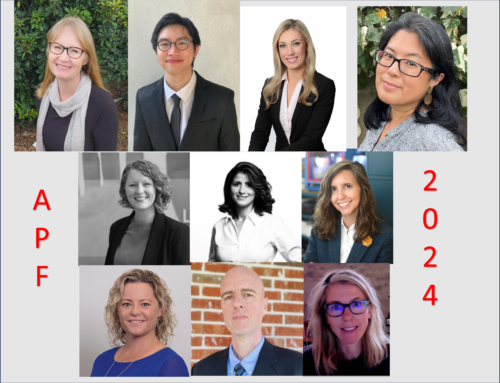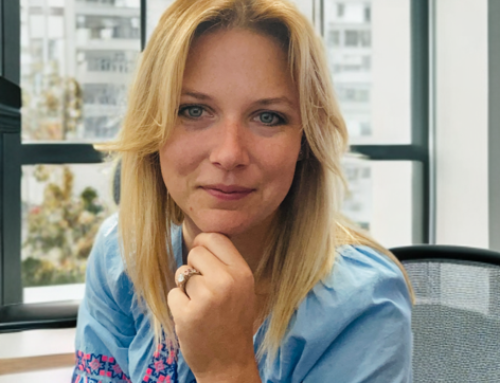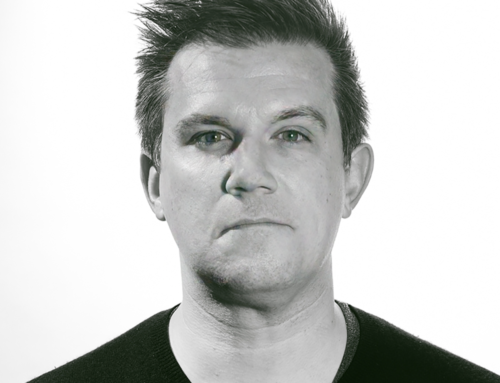Houston Foresight’s current student, Lesia Fejer is embarking on an important and long-overdue research project: Assessing the State of Foresight. How many Fortune 5 00 companies employ futurists? Have in-house futurists? Do foresight work? These are some of the questions we hope to answer.
00 companies employ futurists? Have in-house futurists? Do foresight work? These are some of the questions we hope to answer.
As a trend, Foresight is growing in the world; but to what degree, how it’s penetrating the market, and who is on the bus is all a mystery.
Lesia plans to utilize Houston Foresight’s clout and will first take her research to LinkedIn. As of 16 October 2019, over 14,000 people identify themselves as a “futurist” on LinkedIn. Yes, degreed-futurists, I said Fourteen THOUSAND. Even more daunting, when we included derivatives or common synonyms for Futurists (e.g. Foresight Professional, long-term forecaster and planner, etc.) that total went up to over 50,000.
Here’s a word from our Lesia about the project.
Can you tell us a little more about your plan of attack?
We are starting with LinkedIn and will be categorizing individual profiles, job postings and company profiles in an attempt to gain a general survey of the current state of foresight. As you all know, many of todays’ “foresight” jobs are not clearly indicated or delineated so we have to ensure we are coding our data accordingly. We will be cataloguing all posted job adverts and scanning them for key academic-based futures studies terms; however, this becomes more difficult when we look back into previous jobs held by current foresight job holders. For this reason I have split the raw data into two fields – Job Adverts (current assessment) and Job Holders (current and past assessment). The Job Adverts will seek to understand the stagnant state, what Fortune 500 companies are employing futurists. The latter, Job Holders assessment, will help us to understand (1) of those who are employed in Futures jobs, did they receive formal training?, (2) what cycles might be occurring, overtime, indicating a greater or diminishing update of Foresight in particular industries, (3) Does size, industry, or growth impact the uptake of foresight?. LinkedIn provides us millions of data points and insights into the field. As we collect and categorize the data, I’m sure even more research questions will arise!
What’s an interesting tidbit you can share that you’ve found so far in your research
There seems to be a shift from self-taught futurist to university-taught futurist – but I think we are still 10-15 years away from it impacting our professional careers. This does mean that the entry-level jobs are few and far between, for those who are exiting academia at an earlier stage in their career, and it also means that the possibilities for both are endless as they near the peak of their career. The high rate of self-employment in university-trained professionals at the height of their careers is staggering. One would think a major consulting firm would be eager to pick them up – but the high rate does indicate that companies are eager to seek out the talent, and eager for our particular methods over the traditional consulting firm insights when asking futures-relevant questions. Of course, this is based on qualitative analysis, so lets wait until I have the numbers to back this up!
Do you have anything you’d like to say to this audience?
One of our most difficult challenges is understanding the “black market” of Foresight & Future Studies. From our research, it seems a large hunk of trained professionals in futures studies, at some point, pursue a self-employed consulting position. While we can measure for in-house consulting and in-house foresight operations, we are unable to get a picture of the contract work. If you are currently employed as a foresight consultant and able to share profiles of recent work (perhaps research questions, industry, approximate size of the company, and the opening/closing date of the project) this would drastically improve our ability to draw insights on the current state of Foresight. Of course, if you’re able to provide concrete details of your client list, we would welcome it – we just cannot imagine Lawyers being as interested in the academic insights as we are.
Thank you Lesia – we can’t wait to get the report!





